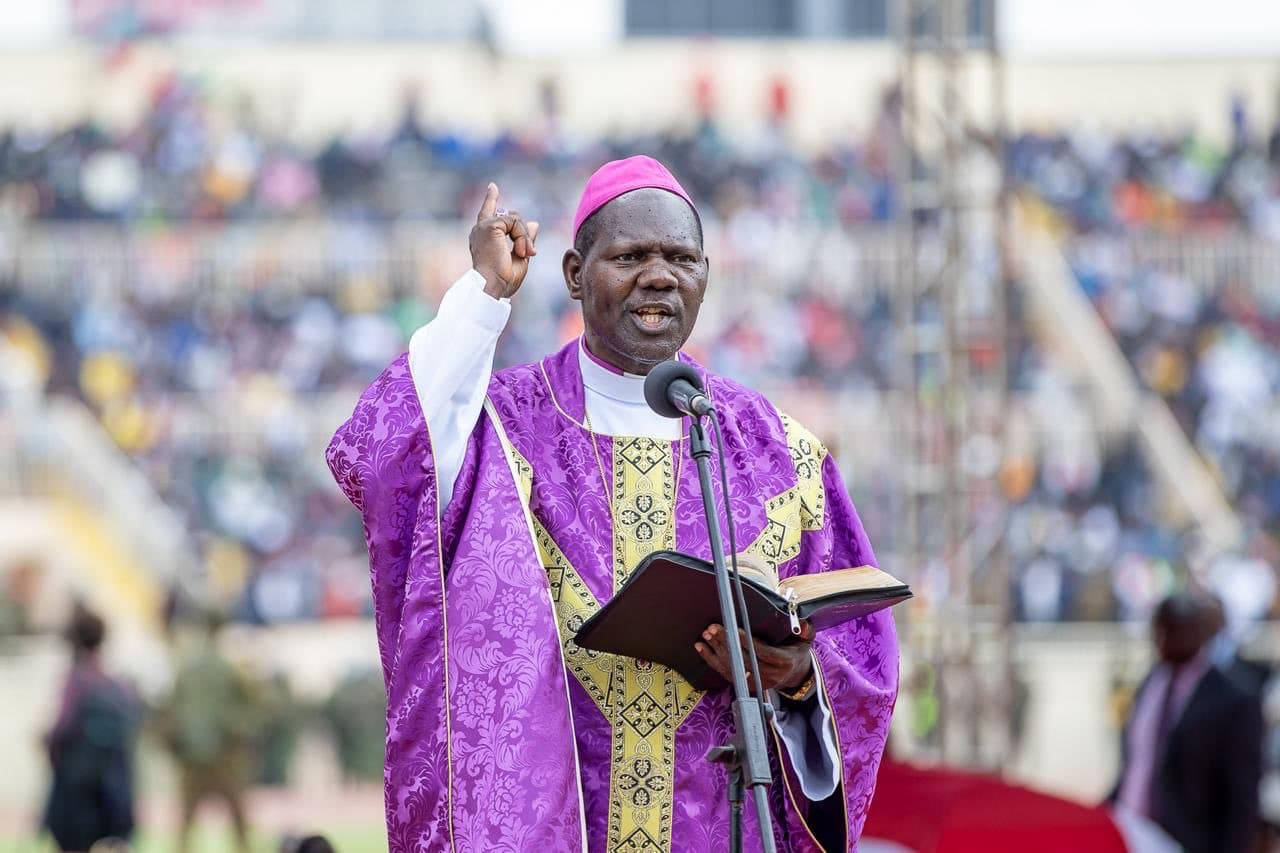We're loading the full news article for you. This includes the article content, images, author information, and related articles.
A Catholic priest in Bomet County provided refuge and a platform for political discourse to former Prime Minister Raila Odinga during periods when he faced significant political isolation and government scrutiny, highlighting the church's historical role in Kenya's democratic journey.

In the politically charged atmosphere of the early 1990s, when multi-party democracy was re-emerging in Kenya, a Catholic priest, Father Ambrose Kimutai, repeatedly hosted opposition leader Raila Odinga at Kaplong Catholic Parish in Bomet County. This act of defiance occurred in a region considered a stronghold of the then-ruling Kenya African National Union (KANU) party, where Odinga and other opposition figures were often shunned and monitored by state security agencies.
Father Kimutai's actions provided a crucial platform for Odinga to engage with residents and articulate his political ideals, contributing to the expansion of democratic space in a restrictive era. He reportedly defied repeated requests from security administrators and KANU officials to cease hosting such gatherings, viewing the church's role as vital in promoting multipartyism for the country's benefit.
Raila Odinga, a prominent figure in Kenyan politics, faced numerous challenges throughout his career, including detention without trial and political marginalisation. His political activism began in the 1980s, marked by confrontation with the autocratic regime of President Daniel arap Moi. Odinga was accused of involvement in the failed 1982 coup attempt and subsequently detained for six years without trial, enduring harsh conditions and torture.
Upon his release and return to Kenya in 1992, after constitutional reforms reinstated multi-party democracy, Odinga became a Member of Parliament for Lang'ata constituency. However, he continued to face political hurdles, including internal party wrangles after the death of his father, Jaramogi Oginga Odinga, which led to periods of isolation.
The repeal of Section 2(A) of the old constitution in 1992 was a pivotal moment, paving the way for multi-party democracy and shedding light on human rights issues in the country. This legal change created an environment where figures like Father Kimutai could, albeit at personal risk, support opposition movements seeking greater political freedoms. The church, in this context, often served as a sanctuary and a voice for those challenging the established political order.
Father Kimutai's relationship with Odinga reportedly began in 1993 and continued through various political phases. He recalled offering Odinga a platform in a KANU stronghold to meet residents and share his progressive political ideals. This defiance of the state's implicit directives highlights the courage of individuals who supported the push for democratic reforms.
Another instance of the church's role in Odinga's life involved his escape from Kenya in October 1991. Facing potential execution, Odinga reportedly disguised himself as a Catholic priest and, with the assistance of a Catholic priest and an American nun, fled across Lake Victoria to Uganda before going into exile in Norway.
The actions of individuals like Father Kimutai carried significant risks during a period of political repression. Defying government directives could lead to harassment, intimidation, or even arrest. The willingness of religious institutions to offer sanctuary and a voice to opposition figures underscored their commitment to justice and human rights, often placing them at odds with the state.
While the role of Father Kimutai in hosting Raila Odinga is documented, the full extent of the challenges faced by other individuals who offered similar support during Odinga's periods of isolation remains largely unquantified. The precise number of times Odinga was hosted by various religious figures or institutions when he was politically ostracised is not publicly detailed.
The narrative surrounding Raila Odinga's political journey, including the support he received from unexpected quarters, continues to be a significant part of Kenya's democratic history. His passing on Wednesday, October 15, 2025, in India, at the age of 80, marked the end of an era for a politician who profoundly shaped the country's political landscape. His burial was scheduled for Saturday, October 19, 2025, in his hometown of Bondo.
The legacy of individuals who championed democratic ideals, often at great personal cost, continues to resonate in Kenya. The role of religious institutions in advocating for social justice and political reform remains a critical aspect of civil society engagement. Future analyses may further explore the broader impact of such support on Kenya's democratic consolidation.
Keep the conversation in one place—threads here stay linked to the story and in the forums.
Sign in to start a discussion
Start a conversation about this story and keep it linked here.
Other hot threads
E-sports and Gaming Community in Kenya
Active 9 months ago
The Role of Technology in Modern Agriculture (AgriTech)
Active 9 months ago
Popular Recreational Activities Across Counties
Active 9 months ago
Investing in Youth Sports Development Programs
Active 9 months ago
Key figures and persons of interest featured in this article